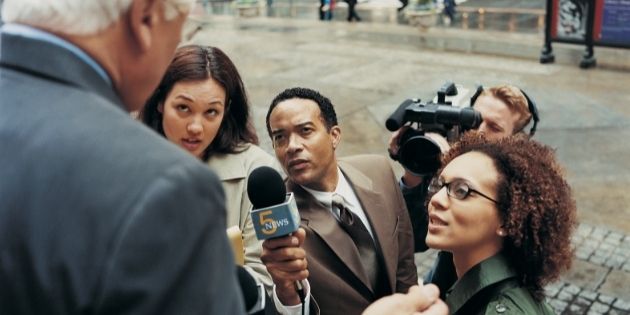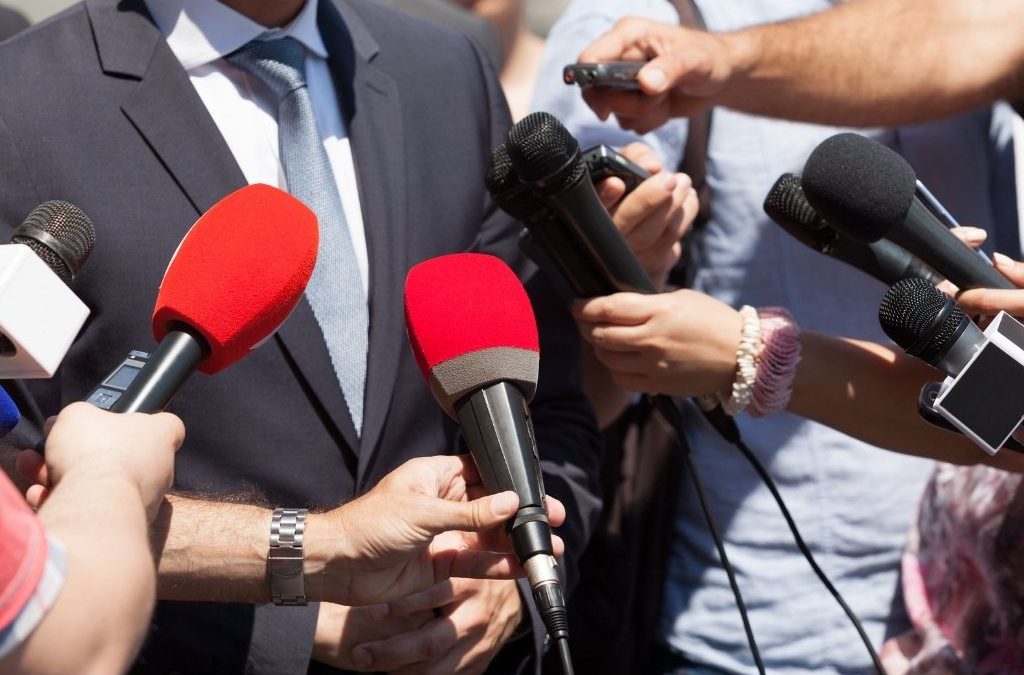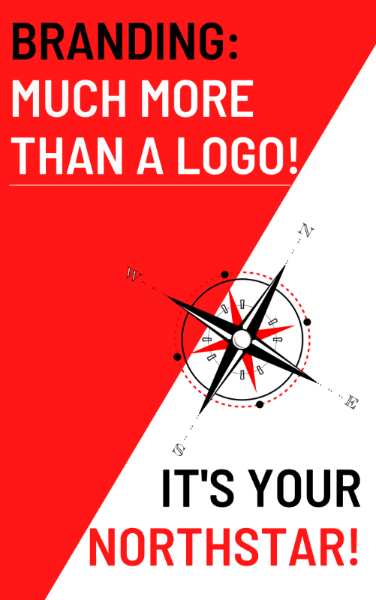Media Relations Tip #1
In the famed words of Simon Sinek, Start with ‘Why’ (video). Why would you accept an opportunity to participate in a media interview? Without a strategic purpose, there’s no reason to talk to news media.
Building awareness qualifies as a strategic purpose. Elevating your leadership team to position your company as an employer-of-choice during ‘The Great Resignation,’ for example, makes strategic sense. Appearing on camera because it feeds your ego—yes, there’s plenty out there who spend money on public relations firms to fuel their sense of importance, which is fine—but the risk is high that you will step in it over time without knowing your why.
A public relations mess (technically it’s a reputation mess, public relations helps clean it up) ensues. Loss of reputation will cost you more in PR fees, talent jumping ship, regulator attention, and more.
‘The Great Resignation’ likely will continue with 55% of Americans expecting to seek a new job. Elevating your organization brand as employer of choice is more important than ever.
Media Relations Tip #2
Know your audience. Have you ever wondered how a politician, personality or brand can say what you think is outrageous but they remain electable or influential? Joe Biden, Donald J. Trump, AOC, Lindsey Graham, Bernie Sanders, Ted Cruz, Tucker Carlson or Rachel Maddow? Have you ever wondered why certain brands like Starbucks, Chick-fil-A, Nike, My Pillow Guy Mike Lidell and others speak out on controversial issues?

In short, they know their audience. And if you disagree with their positions, you ain’t one of them. By the way, brands know their business culture and values, too, which guide what topics they take positions on. For more on building your culturally-aligned brand, download our eBook.
Media Relations Tip #3
Determine what you want to say. You established why you are agreeing to be interviewed by news media. Now you must determine the message you want to deliver during the media interview. Message always matters. Print journalists, TV appearances, radio interviews, podcasts, and other digital media outlets all are opportunities to get your message out and advance your agenda.
Determine what you want to appear as a result of your interview. What’s the headline you want to see? What key messages will advance your agenda if they appear in the news story?
It has been suggested that body language may account for up to 65% of all communication.
Media Relations Tip #4
Practice. Practice. Practice. How you say something and what your body says when saying it matters as much as message. Our public relations clients often say they don’t want to come off as ‘too rehearsed’ in the media interview. There’s no such thing as too rehearsed. Those who rehearse are confident in their delivery. Those who rehearse on-camera and review it repeatedly hone their skills and their on-camera presence. This helps in print interviews too, when the reporter will describe you in various ways in addition to what you say.

Well-prepared people in advance of media interviews know the material and the message inside and out. This allows them to pivot during the interview to keep the interview on point. Remember, there’s a reason why you agreed to meet with the news reporter. Being able to think on your feet becomes much easier if you’re not thinking about what you want to say and how you want to say it.
Media Relations Tip #5
Share stories. People remember, relate and repeat stories and actual experiences. It’s actually a biological function of our brains over thousands of years of evolution. Data is an important part of establishing authority. But offer too much data and people tune out. You want to empower people to recall, amplify and rally around what matters to your success.

Karl Robe
Principal Agency Owner
Your brand is defined & refined with every brand interaction.
Does Your Story Match Reality?


